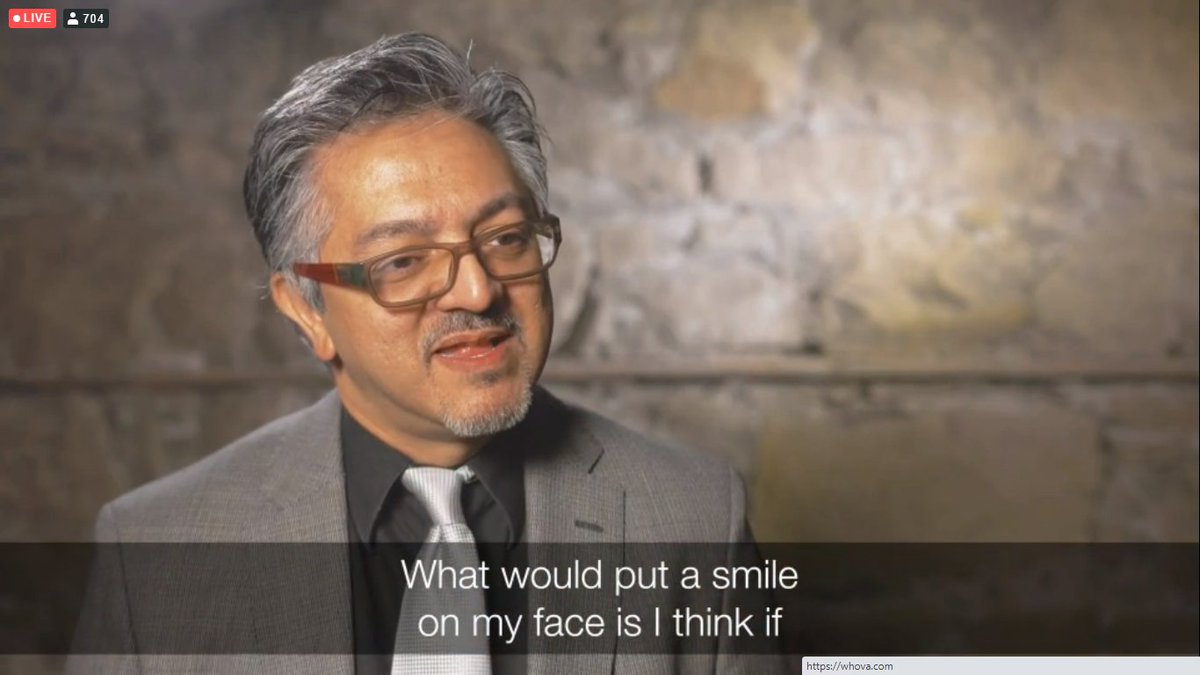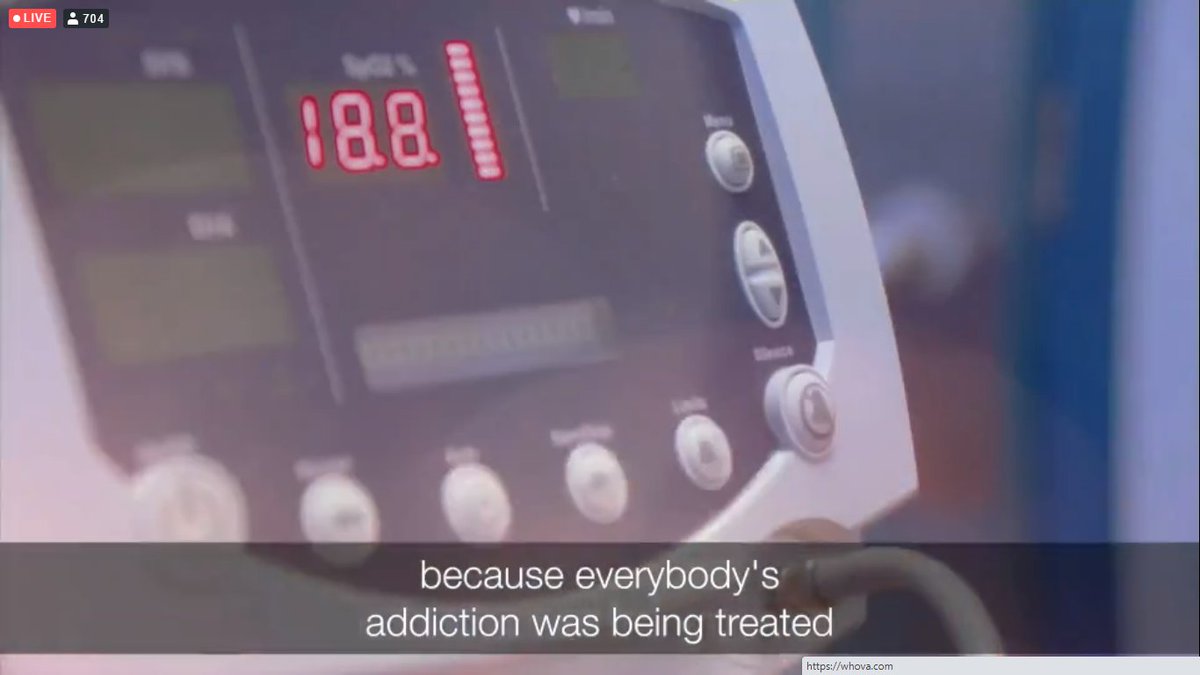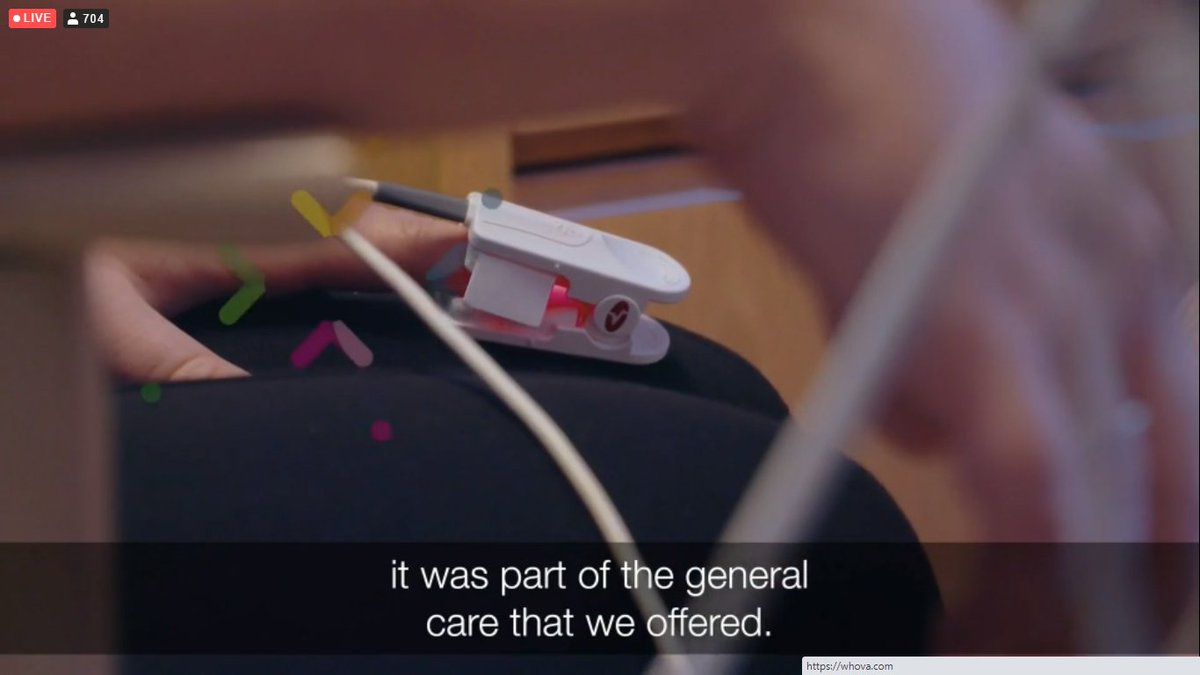(1) The fact that the medical community does not adequately diagnose or treat addiction is not a revelation, nor is the importance of integrating the voice of people with lived experience who are indeed subject matter experts. https://twitter.com/SaraStMarie/status/1302481549590323202">https://twitter.com/SaraStMar...
(2) People in recovery in particular understand the problem and solution. When you& #39;ve been through the system as a patient you gain integral knowledge that can help to improve patient care.
(3) To answer the question, Dr. Peter Selby said it best in an information piece played during yesterday& #39;s Building Recovery Capital Virtual Conferece. He said that addiction treatment should be "part of the general care that we offer", which reinforces that it currently is not.
(4) My response to the question...
(i) Start with reconciliation by acknowledging harms done to people with addiction by the medical community through stigma and not adequately diagnosing or treating addiction
(i) Start with reconciliation by acknowledging harms done to people with addiction by the medical community through stigma and not adequately diagnosing or treating addiction
(5)
(ii) Provide sufficient education and ongoing development for doctors and other healthcare professionals
(ii) Provide sufficient education and ongoing development for doctors and other healthcare professionals
(6)
(iii) Create a long-term recovery focused system of care that includes appropriate facilities and programs. Ensure system wide integration. Recovery Capital assessments and an overall approach should be common practice
(iii) Create a long-term recovery focused system of care that includes appropriate facilities and programs. Ensure system wide integration. Recovery Capital assessments and an overall approach should be common practice
(7)
(iv) Evaluate medical professionals to ensure they& #39;re providing sufficient care, and to gain knowledge to continually improve the system to optimize patient outcomes
(iv) Evaluate medical professionals to ensure they& #39;re providing sufficient care, and to gain knowledge to continually improve the system to optimize patient outcomes
(8)
(v) Listen to the voice of people in recovery, especially those who& #39;ve touched most, if not all, parts of the system as patients like myself and others have
There is of course more to it, but this thread is sufficient to communicate the point.
(v) Listen to the voice of people in recovery, especially those who& #39;ve touched most, if not all, parts of the system as patients like myself and others have
There is of course more to it, but this thread is sufficient to communicate the point.
#Addiction #Mentalhealth
#RECOVERYWORKS https://abs.twimg.com/hashflags... draggable="false" alt="">
https://abs.twimg.com/hashflags... draggable="false" alt="">
#yyc #yeg #ableg #cdnpoli
#RECOVERYWORKS
#yyc #yeg #ableg #cdnpoli

 Read on Twitter
Read on Twitter




